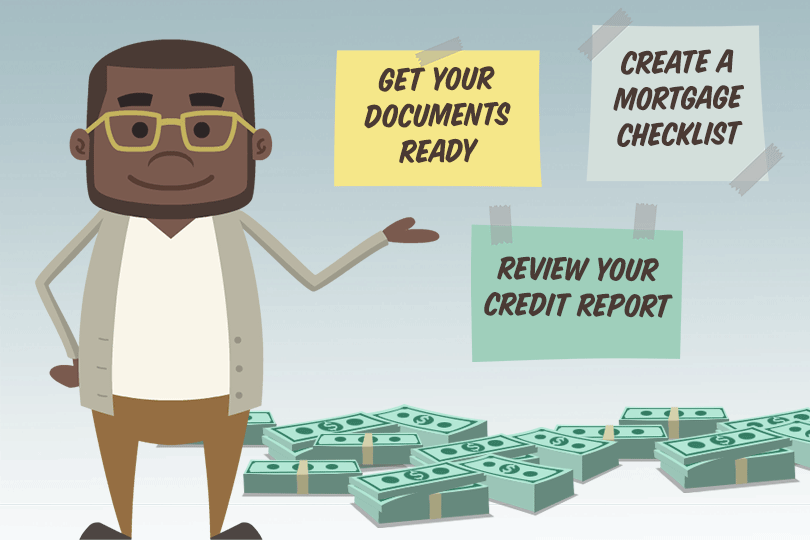FHA Loan Requirements for 2021 and Beyond
October 16, 2021
HOW TO QUALIFY FOR AN FHA LOAN
To qualify for an FHA home loan, borrowers need to meet a few requirements and follow some guidelines.
The FHA requires a low down payment of just 3.5% when buying a home, with a minimum credit score of 580. Compared to conventional loans, which typically require a score of at least 620, this is an easier requirement for many potential homebuyers to meet. The FHA makes it even more accessible to borrowers with lower scores between 500 and 579, who are required to pay a down payment of at least 10% on the home purchase.
Since the FHA has no income limits for borrowers to qualify, it judges a borrower’s ability to repay their loan with their debt-to-income ratio. According to HUD Handbook 4000.1, applicants must have a “maximum qualifying ratio” of 43%. This number is calculated by adding up the total mortgage payment (principal and interest, escrow deposits for taxes, hazard insurance, mortgage insurance premium, homeowners' dues, etc.) as well as all recurring monthly debt (car loans, personal loans, student loans, credit cards, etc.), then dividing by the gross monthly income.
The FHA sets annual limits for the amount it will insure in home loans. The limits are based on county and property type, and the conventional loan limits set by Fannie Mae and Freddie Mac. The FHA loan limits are a deciding factor for many borrowers in whether they or not they apply for an FHA mortgage.
OTHER FACTORS TO CONSIDER
Even though there are no income requirements to meet, the FHA does verify income and employment documentation to make sure that applicants have a steady stream of income. It also excludes applicants who have foreclosed on a home in the previous three years.
In an effort to include more Americans in the housing market, FHA loans are available to finance various kinds of housing. The FHA offers Condo Loans, One-Time Construction Loans for new construction, and also Rehab Loans for fixer-uppers. They can be used to purchase single-family homes, multi-family homes with up to four units, and even manufactured homes on permanent foundations. The main rule to know is that any home purchased with an FHA loan must serve as the borrower’s primary residence. Investment properties are not eligible. There are exceptions for mixed-use properties, with at least 51% of the space dedicated to residence.
Overall, these guidelines make it possible to buy a house with FHA even if you don’t have a super high credit score or a ton of money saved up.
------------------------------
RELATED VIDEOS:
You're Almost There When You Get Your Loan Approval
Learn About the Mortgage Insurance Premium (MIP)
Pre-approval Starts the Mortgage Process

FHA Loan Articles
August 23, 2023Mortgage APR (Annual Percentage Rate) and a loan's interest rate are two different things, although they are closely related. Understanding the difference is an important part of a borrower's analysis of the true cost of their mortgage.
August 19, 2023FHA refinance loans allow homeowners with existing FHA loans to refinance their mortgages. These loans are designed to help borrowers take advantage of lower interest rates, reduce their monthly mortgage payments, or access equity in their homes for various purposes.
August 14, 2023FHA loans typically require a minimum down payment of 3.5% of the purchase price of the home with the right credit score. This means that if you're buying a house for $240,000, you would need to make a down payment of at least $8,400.
August 10, 2023FHA loans have specific rules and requirements for borrowers who have filed for bankruptcy. The guidelines can change over time, so it's essential to consult with a qualified lender or FHA-approved counselor for the most up-to-date information.
August 3, 2023FHA loans are primarily designed to help individuals and families purchase homes for use as their primary residences. Rules for these loans generally discourage their use for investment properties or rentals. However, there are exceptions that come with strict rules.







